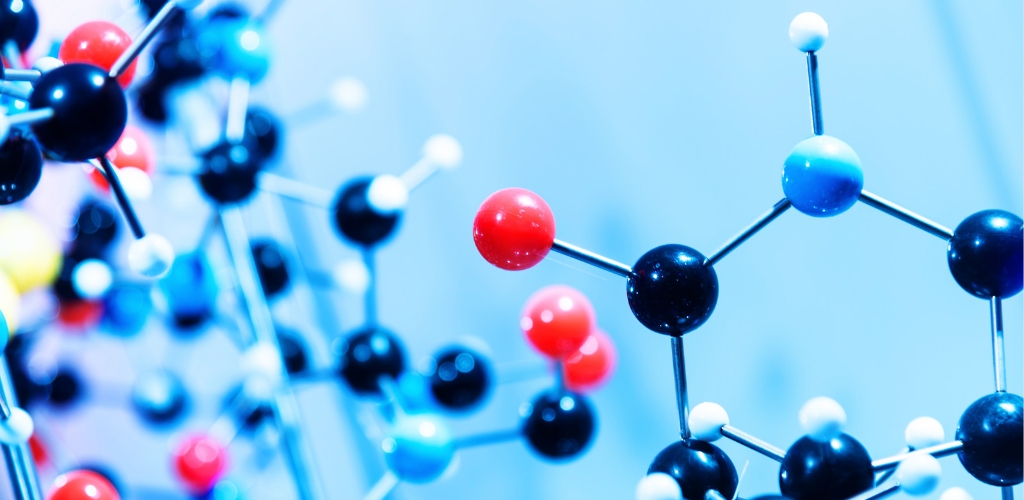Membrane molecular dynamics is a computational method that employs advanced molecular modeling techniques, such as molecular dynamics (MD) and Monte Carlo (MC) simulations, to investigate the molecular structure and transport properties of membrane materials in diverse applications.
Some Key Insights:
Membrane Protein Studies:
Molecular dynamics simulations contribute to understanding the structure, organization, and dynamics of biological membranes, particularly in studying membrane proteins².
Membrane Material Design:
Utilized for building and modifying membranes, MD simulations investigate the physical and surface properties crucial in applications like gas separation and water treatment¹³.
Free-Volume Distribution Analysis:
Starting with the construction of packing models, simulations probe the free-volume distribution in polymer-based membranes, vital for understanding transport behavior¹.
Validation of Atomistic Packing Models:
The quality of atomistic packing models is verified through comparisons with measured properties, ensuring accuracy in simulations.
Significance and Applications:
Membrane molecular dynamics plays a pivotal role in advancing various fields, including:
Biological Research: Contributes to the understanding of membrane structure, organisation, and dynamics.
Material Engineering: Guides the design and modification of membranes for enhanced performance in separation and treatment processes.
Polymer Analysis: Analyzes free-volume distribution in amorphous polymers for insights into transport behavior.
In conclusion, membrane molecular dynamics provides valuable insights into membrane-related phenomena, enabling advancements in diverse scientific and engineering applications.




